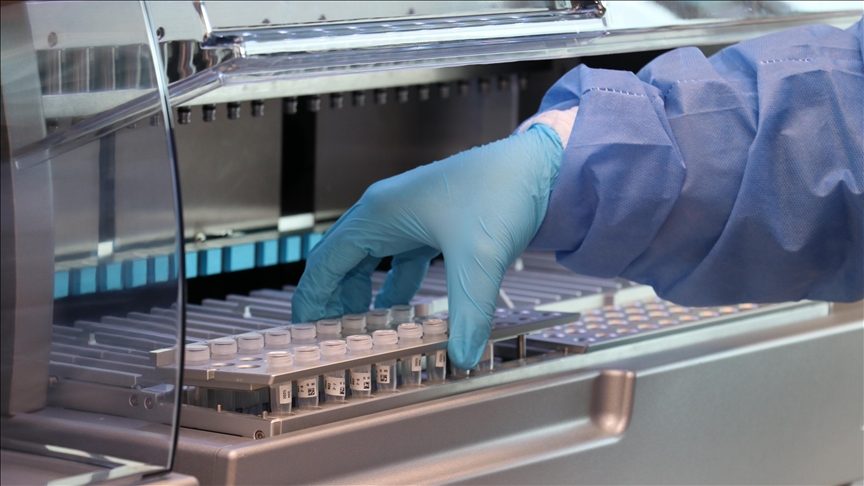International collaboration promises to transform forensic capabilities across the continent
Jos, Nigeria — Forensic science leaders from across Africa are looking to artificial intelligence as a transformative tool that could revolutionize criminal investigations on the continent, though experts caution that success will depend heavily on sustained international support and resource allocation.
The optimistic outlook emerged from discussions at the 20th International Forensic Medicine Days conference held recently in Antalya, Turkey, where nearly 800 forensic experts from 27 countries gathered to explore AI’s rapidly expanding role in modern forensic science. Among the attendees were representatives from African nations including Somalia and The Gambia, countries where forensic infrastructure remains in early stages of development.
Building from the Ground Up
The challenges facing African forensic services are substantial. Somalia’s experience illustrates both the obstacles and opportunities. The country established its first forensic laboratory only in 2016, relying initially on entirely manual investigation methods. Since then, Somali authorities have worked to train officers across multiple departments, including the emerging field of digital forensics.
“We are at a critical juncture,” explained Muhidin Osman, a forensic official from Somalia. “AI could allow us to leapfrog decades of traditional development, but only if we have the right partnerships and training in place.”
The sentiment reflects a broader reality across much of the continent, where forensic services face persistent challenges including limited funding, insufficient training programs, and a shortage of specialized equipment. These limitations have historically hampered criminal investigations and undermined judicial processes.
The Promise of AI Technology
Artificial intelligence offers several potential advantages for resource-constrained forensic services. AI systems can analyze vast amounts of data quickly, identify patterns that might escape human observation, and reduce the time required for complex analyses. In fields ranging from fingerprint matching to DNA analysis and digital forensics, AI tools are increasingly becoming standard practice in developed nations.
For African countries, these technologies could help compensate for shortages in trained personnel and enable more efficient use of limited resources. AI-powered systems could assist in everything from analyzing crime scene photographs to processing digital evidence from mobile devices and computers.
International Partnerships Take Center Stage
The conference in Antalya underscored the critical role that international collaboration will play in bringing these technologies to African forensic services. Experts emphasized that technology transfer alone is insufficient; successful implementation requires comprehensive training programs, ongoing technical support, and sustainable funding mechanisms.
International partners, including forensic agencies from Europe, North America, and more developed African nations, are being called upon to share not just technology but also expertise and best practices. Several bilateral and multilateral initiatives are already underway, though participants acknowledged that much more support is needed.
Challenges Ahead
Despite the enthusiasm, forensic leaders acknowledge significant hurdles. Beyond the obvious resource constraints, there are concerns about data privacy, the need for legal frameworks to govern AI use in criminal investigations, and ensuring that AI systems are culturally appropriate and free from bias.
There are also practical considerations. Many African countries lack the robust digital infrastructure needed to support sophisticated AI systems. Reliable electricity, high-speed internet, and secure data storage remain challenges in numerous regions.
Training represents another critical challenge. AI systems require skilled operators who understand both the technology and its forensic applications. Developing this expertise will require sustained investment in education and professional development.
Looking Forward
As forensic science enters an increasingly AI-driven era, African nations find themselves at a crossroads. With appropriate support and strategic planning, the continent could leverage these technologies to strengthen criminal justice systems and improve public safety. Without such support, the gap between African forensic capabilities and those of developed nations risks widening further.
The discussions in Antalya have helped establish a framework for future collaboration, but translating these conversations into concrete action will require sustained commitment from both African governments and their international partners. For countries like Somalia and The Gambia, the path forward is clear: AI holds immense promise, but realizing that promise will require working together across borders.
As forensic officials return home from Turkey, they carry with them both inspiration and a sobering awareness of the work ahead. The technology exists. The question now is whether the international community will provide the sustained support necessary to make AI-enhanced forensics a reality across Africa.




